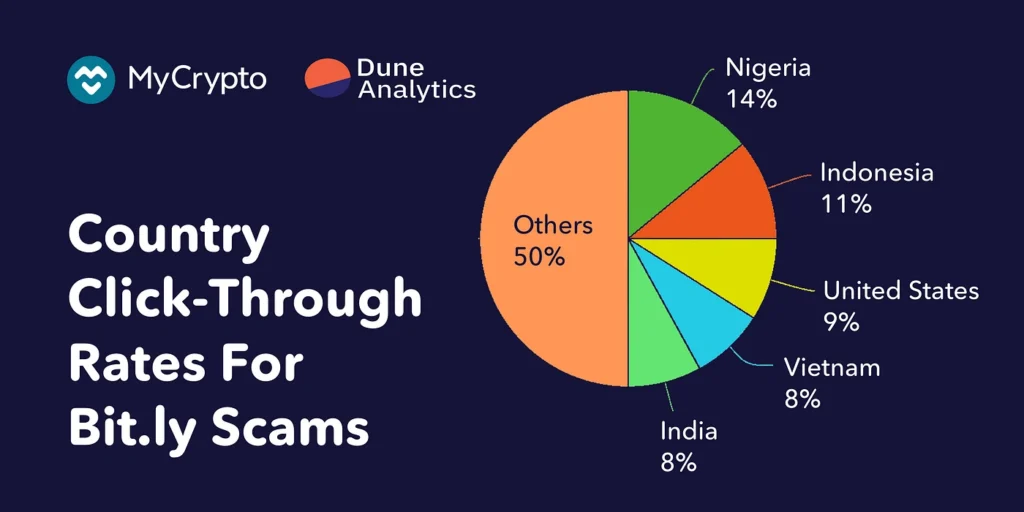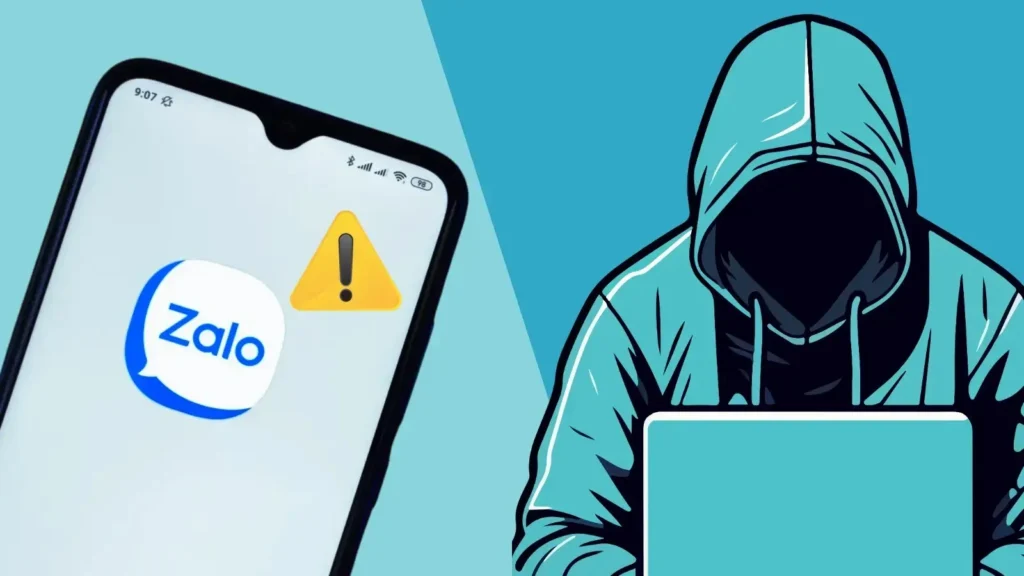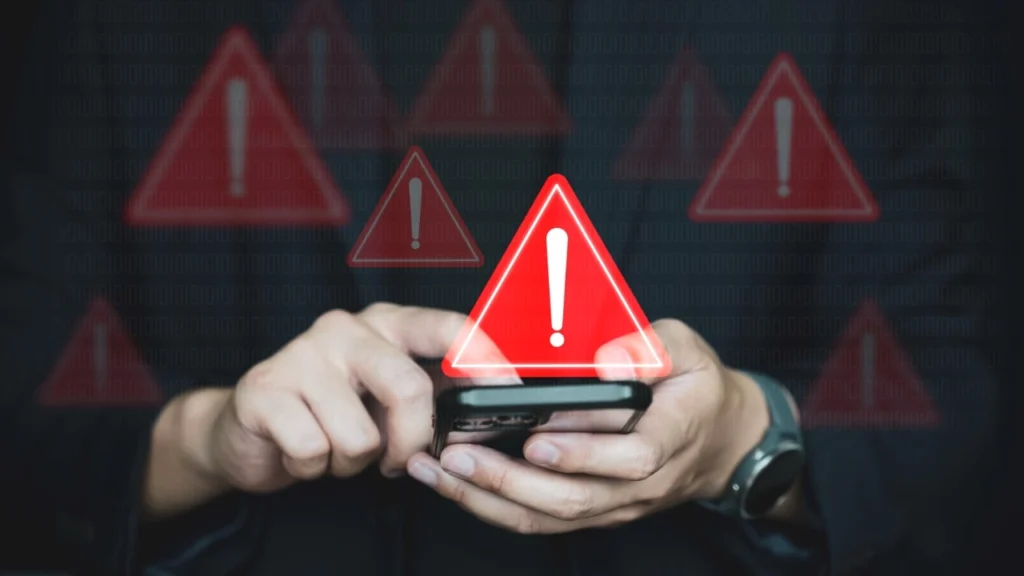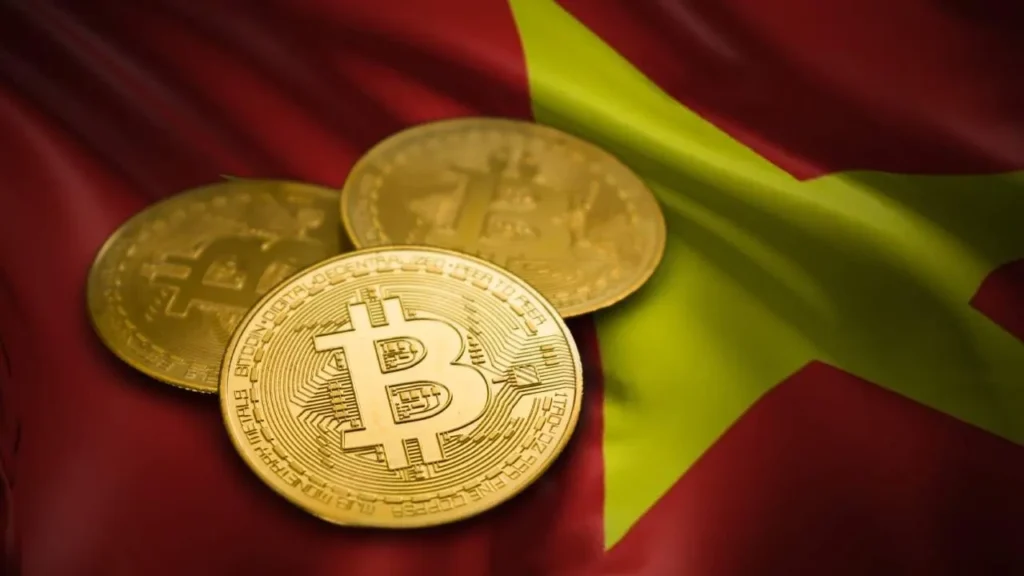Crypto Scams in Vietnam: FAQs and Secure Trading Tips You Should Know
Cryptocurrency remains a hot topic across Vietnam — from urban investors in Hanoi to younger traders in Đà Nẵng. But as crypto adoption grows, so do crypto scams. It’s not always easy to separate hype from fraud, especially with scams becoming more sophisticated and platform-like in design.
This FAQ-style article unpacks the most common questions Vietnamese users ask about crypto scams and offers practical, secure trading tips in response.
1. How common are crypto scams in Vietnam right now?

Credit from Medium
Unfortunately, they’re becoming increasingly common. Vietnam ranks among the top countries for crypto adoption, but that same momentum has made it a prime target for fraud. Crypto scams have taken many forms — from fake wallet apps to flashy investment platforms that disappear overnight. Social media plays a big role, often helping these scams spread quickly. Limited regulation and high enthusiasm create an environment where it’s easy to get caught off-guard.
2. What are the red flags that help identify crypto scams in Vietnam?
Most scams follow a familiar script, though the presentation may vary. Be cautious of platforms promising guaranteed returns, especially if they pressure you to invest quickly or refer friends to unlock bonuses. Some may ask for your private wallet keys or seed phrases — a major red flag. Others hide behind slick websites that turn out to be poorly translated or copied from real crypto brands. These warning signs are often found in Ponzi-style schemes or fraudulent trading apps across Southeast Asia.
3. What are secure trading tips that local investors should follow?
A few basic habits can dramatically reduce your risk. Stick to reputable exchanges, ideally those offering Vietnamese language support. Always enable two-factor authentication for added security. For assets you plan to hold long-term, consider cold wallets — hardware devices that stay offline and away from digital threats.
Also, never click on links sent through random messages or unofficial chat groups. Many users in Vietnam rely on Telegram or Reddit to research platforms before investing, helping them gauge reputability through community feedback. Most importantly, never share your private keys or login credentials — not even with someone claiming to be from customer support.
4. Are scams more common on mobile apps or desktop platforms?

Both channels pose risks, but mobile apps have become a particularly fertile ground for scammers. It’s not unusual for APK files shared via Zalo or Messenger to disguise themselves as crypto wallets or exchanges. These apps often mimic legitimate ones, using similar branding and design. On the desktop side, scams tend to involve phishing websites or fake dashboards meant to capture your credentials.
The safest route is to only download applications directly from official app stores or verified websites, and avoid clicking on links passed around in chats or online forums.
5. How do scammers gain trust so quickly?

Scammers in Vietnam often lean heavily on social dynamics and cultural familiarity. Many pose as friends of friends, influencers, or self-described crypto experts. Some even run workshops or mentorship groups online, creating a false sense of security and authority. Others go as far as cloning legitimate fintech platforms, complete with fake support channels that mimic the real thing.
It’s not just about technology — it’s about trust. And in a country where community referrals are common, these social engineering tactics work surprisingly well.
6. Is there any legal protection or reporting system in Vietnam for victims?

Credit from Decrypt
Vietnam is working toward tighter crypto regulation, but protections for individual victims remain thin. If you’ve fallen for a scam, you can file a complaint with the Cybercrime Division of the Ministry of Public Security. However, the chances of recovering lost funds are generally low, and investigations can take time.
This is why prevention is so important. Staying informed, asking questions, and using secure trading practices are still the most effective ways to protect yourself in the current landscape.
7. Can you name one real-world case of crypto fraud in Vietnam?
One high-profile example was the collapse of “Sky Mining” in 2023 — a platform that promised daily returns through cloud-based mining operations. It gained traction quickly, luring in thousands of Vietnamese investors. Then, it vanished, along with millions in user funds. The case shook public confidence and served as a wake-up call about how easily a scam can wear the mask of legitimacy.
Conclusion: Awareness Is Your Strongest Crypto Safety Net
Crypto scams in Vietnam aren’t going away anytime soon. But with stronger awareness, investors can stay one step ahead. Whether you’re new to crypto or have years of trading experience, applying secure trading tips — and recognizing psychological manipulation — is crucial for protecting your digital assets.
Until regulation catches up, personal vigilance, digital literacy, and a healthy dose of skepticism will remain your best defense. Always verify — and always pause when something feels too perfect.




